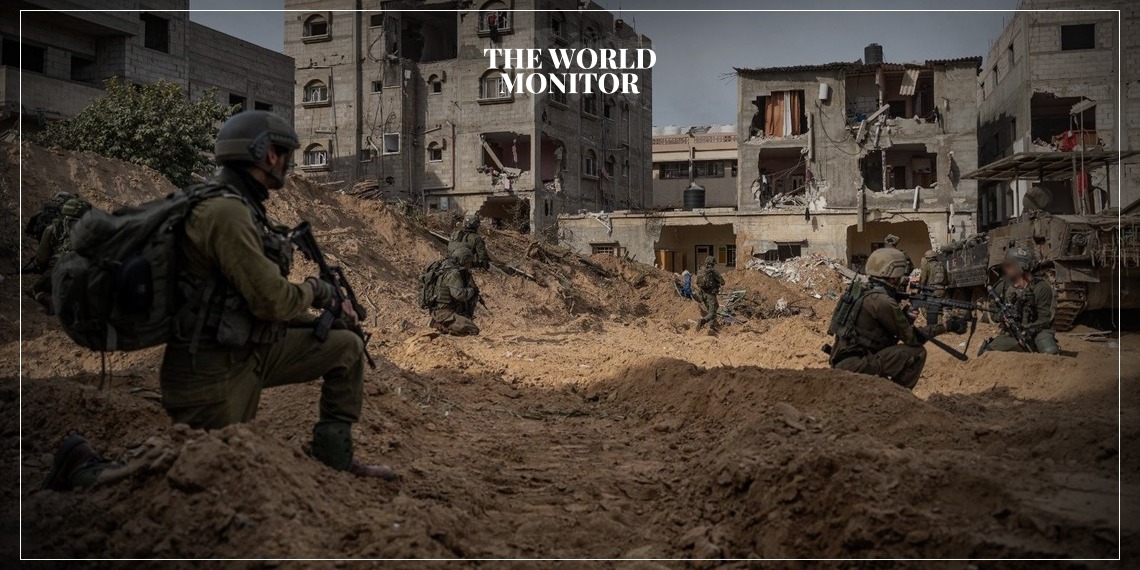The Israeli military reported on Saturday that two of its soldiers were killed in ongoing battles in the Gaza Strip, where Israel has been waging war for 85 days. According to the Israeli military spokesperson Avichay Adraee, the total number of Israeli military fatalities since the war began on October 7 has reached 504 as of Saturday. Israeli media sources relayed the army’s statement that 167 of these deaths occurred in the ground operation in Gaza, with 9 of them resulting from attacks by Hezbollah and Palestinian factions from southern Lebanon.
The recent Gaza war has resulted in a severe humanitarian crisis in the region. The conflict, which began on October 7, has led to significant challenges in the health, food, and water sectors in Gaza.
The World Health Organization (WHO) documented 111 attacks on healthcare facilities and personnel since the conflict’s onset. Hospitals are overflowing with patients, and 24 health facilities, including six hospitals, have suffered direct damage. In total, 15 health workers have been killed, 27 injured, and 23 ambulances damaged. The health sector in Gaza, already weakened by years of Israeli occupation, is struggling to cope with the crisis, with the largest hospital, Shifa Hospital, urgently appealing for blood donations.
The United Nations Relief and Works Agency (UNRWA) reported that nearly half a million people in Gaza have been unable to access food rations due to the closure of distribution centers since the conflict began. Only one of the five mills in the region is operational, causing concerns about depleting wheat flour reserves. The agriculture sector, particularly livestock and agricultural land, has been directly damaged, exacerbating food shortages. Basic food supplies like eggs, bread, and vegetables are in severe shortage, leading to a scramble for available food among residents.
The situation with drinking water in Gaza has become increasingly dire. Families are spending hours searching for water, mostly relying on private vendors operating small desalination and water purification plants. Many are resorting to drinking brackish water from agricultural wells, raising concerns about waterborne diseases like cholera. Prior to the conflict, 96% of Gaza’s water was unfit for human consumption, forcing families to purchase water at high costs.






